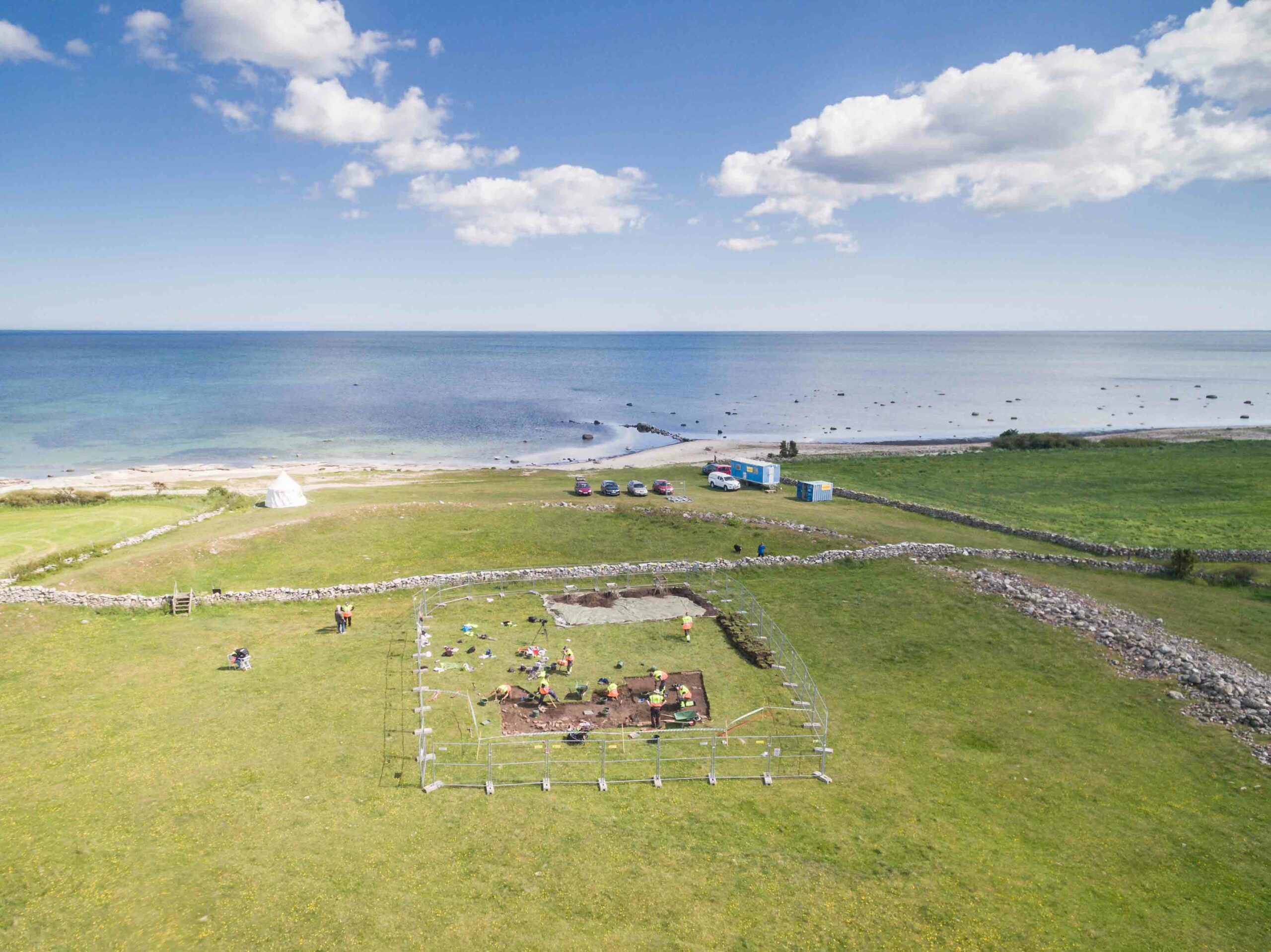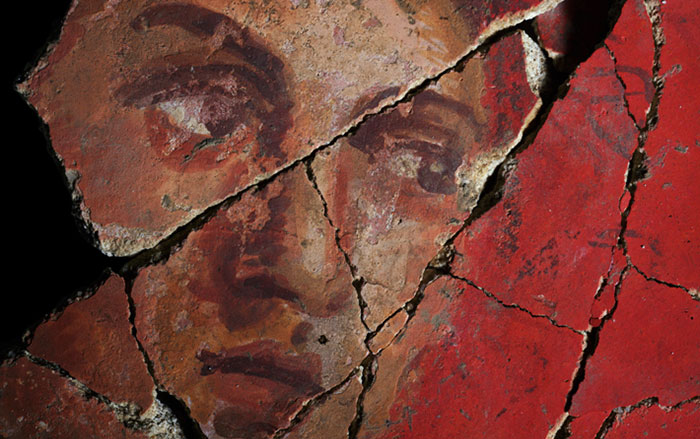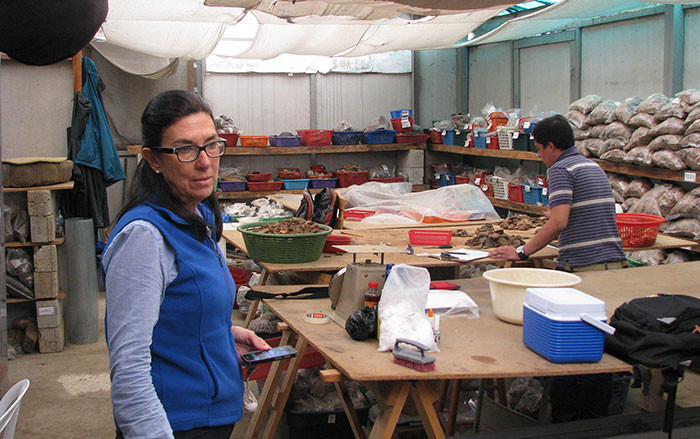
LINCOLN, ENGLAND—Examination of pottery from a widespread excavation campaign in eastern England supports the idea that there was a massive demographic collapse in the wake of the Black Death, which ravaged the country between 1346 and 1351. Because relatively few plague burials have been found, some scholars have doubted that the scale of depopulation was as great as medieval accounts suggest. But The Guardian reports that University of Lincoln archaeologist Carenza Lewis decided to test that hypothesis by using the relative amounts of domestic pottery recovered from different levels of some 2,000 standard test pits as a proxy for human population levels. Volunteers dug the pits in 55 rural locations known to have been occupied in the fourteenth century, and Lewis then analyzed the tens of thousands of pottery sherds that were recovered. Her study suggests the Black Death was responsible for an average population decline of 45 percent in the region, with some sites showing evidence of even steeper declines of up to 85 percent. To read more about medieval archaeology in this part of England, go to “Writing on the Church Wall.”










